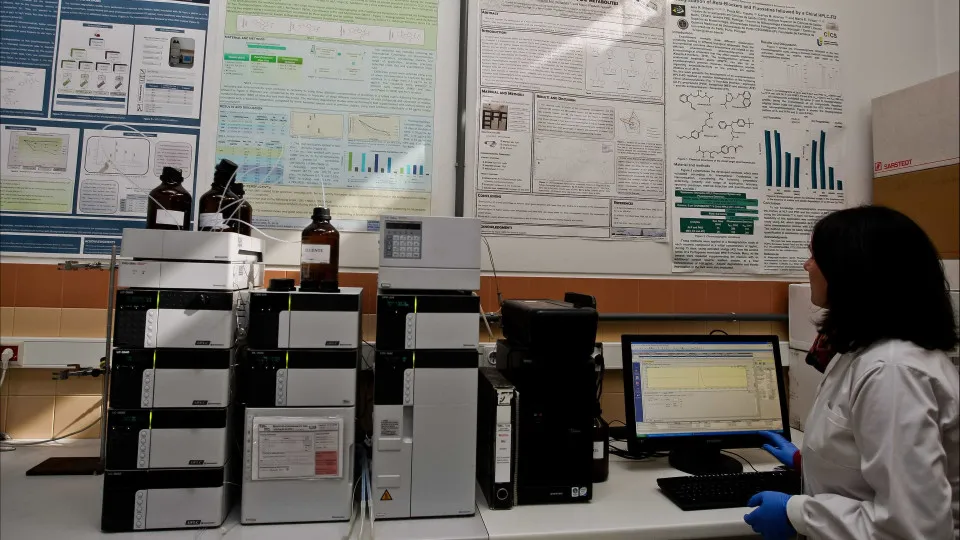
The final report of a study on the social action system in higher education, conducted by researchers from the Universidade Nova de Lisboa and presented today, reveals significant insights.
Commissioned by the Ministry of Education, Science and Innovation (MECI), the study estimates the average monthly costs associated with attending higher education, identifying accommodation as the primary expense.
The cost of studying at a university or polytechnic varies for students studying in their hometowns compared to those who relocate, with notable regional differences.
In the Lisbon Metropolitan Area, accommodation constitutes the highest budget segment for students, with average room rental costs exceeding 370 euros.
When comparing total expenses of non-relocating students to those who relocate in the capital, excluding tuition fees, the difference averages 349 euros monthly. Relocating students pay nearly 500 euros per month for accommodation, transport, food, and other expenses, whereas non-relocating students’ expenses do not reach 150 euros.
This disparity is not unique to Lisbon, occurring similarly in the Porto Metropolitan Area and other regions across the country, except the islands, where the difference is only 52.68 euros. Relocating students consistently pay at least 200 euros more monthly than their local peers.
The researchers recommend adjusting social action scholarship amounts to reflect regional cost of living changes, including accommodation.
Interviews and surveys with students and institutions revealed consensus on the challenges related to accommodation, with 16 out of 23 higher education institutions identifying the difficulty of finding housing as a major constraint to higher education access.
In the 2025/2026 academic year, support currently provided to scholarship students for accommodation will extend to all relocated higher education students with a household annual ‘per capita’ income below 14,630 euros.
Like the provisions for scholarship students, other low-income relocated students will also receive a “monthly supplement equivalent to the actual cost of accommodation, proven by receipt or bank transfer,” according to parliamentary law.
However, in a survey, most believe the allocated amount is sufficient, with an exception in Lisbon, where 58% of relocated students disagree about its adequacy.
The study also highlights another issue: “The practical difficulty of obtaining receipts to verify a rental contract in an overburdened housing market operating outside fiscal regulations,” it states.
This study will inform the new Regulation for Granting Scholarships to Higher Education Students, effective in the 2026/2027 academic year.
Although the government has previously suggested the possibility of unfreezing tuition fees, which was not heavily emphasized by the researchers, this also hinges on the new regulation.
Comparatively, in an analysis of social action systems in other countries — Germany, Spain, France, Italy, and the United Kingdom — researchers note that Portugal uniquely includes tuition fees in the scholarship payment. In Germany, tuition fees are not charged, in Spain, France, and Italy scholarship students are exempt, and in the UK, the maintenance grant is calculated separately from the grant for tuition payments.




